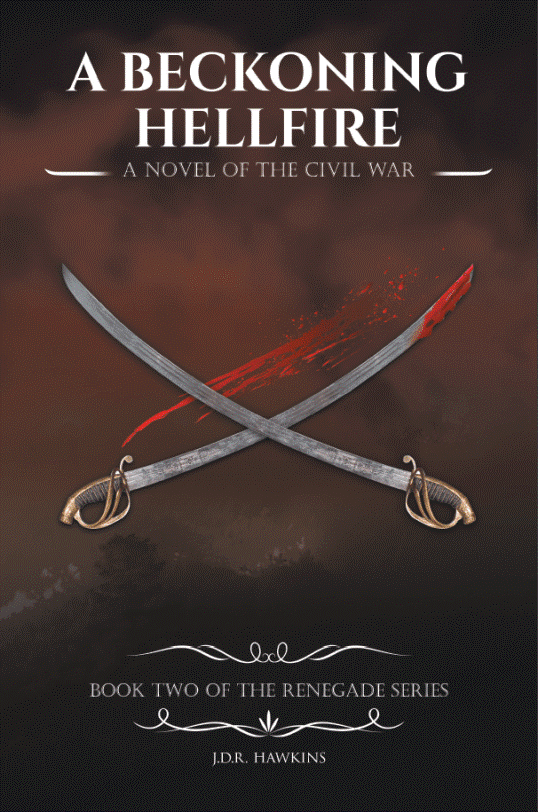Civil War historical fiction novels are much more than tales of battles and strategy. They delve deep into the moral conflicts and emotional struggles that arise during one of the most defining and divisive periods in history. Through richly layered storytelling, these novels explore the difficult decisions and ethical challenges faced by soldiers, civilians, and entire communities.
J.D.R. Hawkins, a celebrated author of Civil War fiction, has mastered the art of weaving these dilemmas into her narratives. Her "Renegade Series," which vividly portrays the Confederate perspective, offers a rare glimpse into the human side of the war, where the lines between right and wrong often blur. But what makes this genre so compelling, and why do readers find these moral struggles so captivating?
Duty vs. Morality
One of the recurring themes in Civil War historical fiction novels is the conflict between duty and personal morality. Characters often wrestle with questions of loyalty—to their country, their family, or their beliefs. For instance, in Hawkins' A Beautiful Glittering Lie, Hiram Summers enlists to defend his home, only to face the harsh realities of war that challenge his sense of purpose. Readers are invited to reflect on how far someone should go for duty when it clashes with their values.
These stories make it clear that war is rarely black and white. Soldiers on both sides often acted out of love for their homeland, but their actions could lead to unimaginable consequences. The moral ambiguity forces readers to consider the perspectives of individuals whose lives were upended by choices that often felt impossible to make.
Survival vs. Principles
Survival often takes center stage in Civil War fiction, creating intense moral dilemmas. Should a character compromise their beliefs to stay alive? This is powerfully depicted in Hawkins' A Rebel Among Us. The protagonist, David Summers, faces the gut-wrenching choice of pretending to be a Union soldier to ensure his safety while grappling with the implications of betraying his principles.
Such dilemmas resonate with readers because they highlight the raw humanity of war. They remind us that survival can come at a steep emotional and moral cost. By placing readers in the shoes of characters making these tough decisions, authors like Hawkins encourage empathy and a deeper understanding of the complexities of human nature.
Family vs. Cause
Civil War historical fiction novels often explore the tension between devotion to family and commitment to a cause. In Hawkins’ A Beckoning Hellfire, David’s decision to join the Confederate army after his father’s death brings heartbreak to his family. The sacrifices made by soldiers weren’t limited to the battlefield—they also left behind loved ones who struggled to keep their lives intact amidst the chaos.
These stories remind readers that war affects more than just those who fight. The ripple effects on families and communities reveal the true cost of conflict, both during and long after the battles end.
Why Readers Connect
Readers are drawn to Civil War fiction because it’s not just about history—it’s about humanity. These novels bring to life the ethical struggles that transcend time and place. The characters’ choices and their consequences challenge readers to think critically about their values and the cost of decisions made in the heat of conflict.
J.D.R. Hawkins’ work stands out for its ability to blend historical accuracy with deeply personal narratives. Her characters face moral dilemmas that feel both unique to their time and universally relatable, making her novels unforgettable for fans of the genre.
Civil War fiction not only preserves history but also encourages readers to grapple with timeless questions about loyalty, sacrifice, and morality. Through these stories, we come to see that even in the darkest times, humanity’s complexities shine through.

